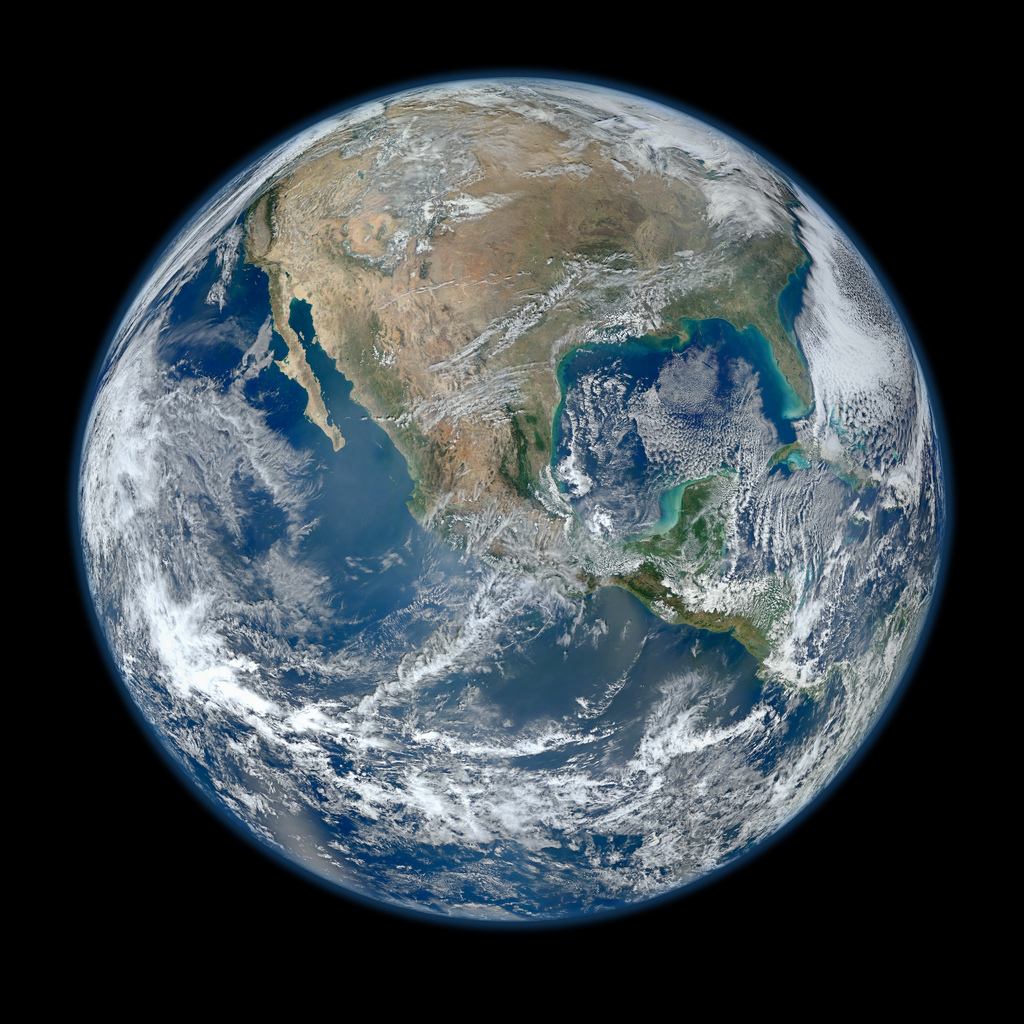Filmmaker Sir David Attenborough Calls Humans a Plague

Sir David Attenborough, the famed British naturalist and television presenter, has some harsh words for humanity.
"We are a plague on the Earth," Attenborough told the Radio Times, as reported by the Telegraph. "It's coming home to roost over the next 50 years or so."
Attenborough went on to say that both climate change and "sheer space" were looming problems for humanity.
"Either we limit our population growth or the natural world will do it for us, and the natural world is doing it for us right now," he said.
Sir David is not the only naturalist who has warned of population growth outstripping resources. Paul Ehrlich, the president of the Center for Conservation Biology at Stanford University and author of "The Population Bomb" (Sierra Club-Ballantine, 1968) has long used language similar to Attenborough's. And in 2011, an analysis of species loss suggested that humans are beginning to cause a mass extinction on the order of the one that killed the dinosaurs.
When asked about Attenborough's comments on humanity as its own scourge, Ehrlich told LiveScience he "completely agree[d], as does every other scientist who understands the situation." [Top 10 Ways to Destroy Earth]
Even so, that doesn't mean forceful measures must be taken. "Government propaganda, taxes, giving every sexually active human being access to modern contraception and backup abortion, and, especially, giving women absolutely equal rights and opportunities with men might very well get the global population shrinkage required if a collapse is to be avoided," Ehrlich said.
Sign up for the Live Science daily newsletter now
Get the world’s most fascinating discoveries delivered straight to your inbox.
In fact, providing free, reliable birth control to women could prevent between 41 percent and 71 percent of abortions in the United States, according to a study detailed in the Oct. 4, 2012, issue of the journal Obstetrics and Gynecology.
Other scientists also agreed to some extent with the heart of Attenborough's message.
"It's clear that increasing population growth makes some of our biggest environmental challenges harder to solve, not easier," said from Jerry Karnas, population campaign director for the Center for Biological Diversity in Tucson, Ariz.
Karnas added, however, "What's needed is not population control but a real emphasis on reproductive rights, women's empowerment, universal access to birth control and education, so more freedom for folks to make better, more informed family planning choices."
And population numbers would matter less for the planet's health if clean renewable energy were widely adopted as well as planning laws, he told LiveScience during an interview.
Attenborough is famous for his "Life on Earth" series of wildlife documentaries, among other nature programming. In 2009, he became a patron of the Optimum Population Trust, a group that advocates voluntary population limitation. At the time, he released a statement saying, "I've seen wildlife under mounting human pressure all over the world and it's not just from human economy or technology — behind every threat is the frightening explosion in human numbers."
Earth's population reached 7 billion people on or around Oct. 31, 2011, according to United Nations estimates.
LiveScience Staff Writer Tia Ghose contributed reporting to this article.
Follow LiveScience on Twitter @livescience. We're also on Facebook & Google+.










